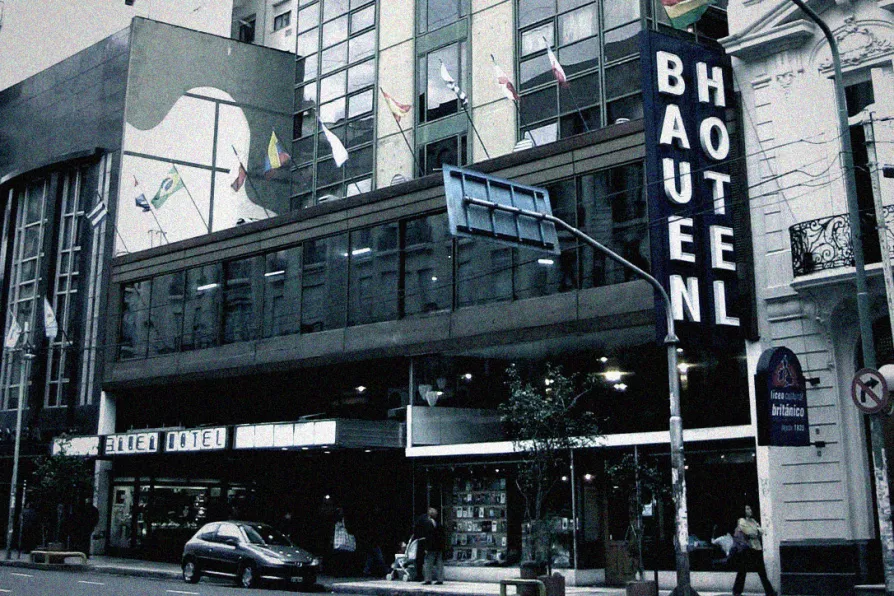The selection, analysis and interpretation of historical ‘facts’ always takes place within a paradigm, a model of how the world works. That’s why history is always a battleground, declares the Marx Memorial Library

 The worker-run Hotel Bauen in Buenos Aires
[Brian Zbriger / Creative Commons]
The worker-run Hotel Bauen in Buenos Aires
[Brian Zbriger / Creative Commons]
MESSAGES of solidarity and support have been pouring in for workers at Hotel BAUEN in Buenos Aires after they called time on a near two-decade campaign to have their co-operative recognised as the legitimate owners of the business.
In an emotional farewell, they released a statement saying that, “over 17 years we took on many challenges. We overcame them all. We have fought with joy, grateful to experience the collective passion. In our beloved BAUEN, we have worked, embraced, laughed, cried, were unhappy and happy. None of us would choose any other way to spend the last 17 years.”
The letters BAUEN stand for Buenos Aires Una Empresa Nacional (Buenos Aires, a national company) and the hotel stands on Avenida Callao 360, a few blocks down from the Argentinian Congress and metres away from the city’s emblematic Corrientes Street.














